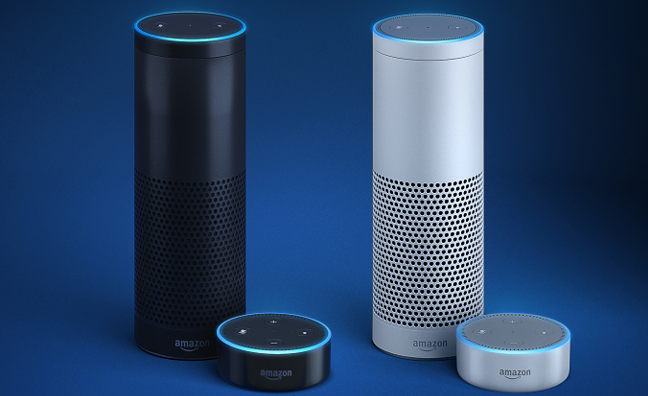We’ve come a long way since ‘music wants to be free’ became the mantra of early online evangelists. Indeed, one of the music biz’s greatest achievements is surely that, not only did it stop music being free, but it’s actually making more people pay for it than ever before. The IFPI's Global Music Report says 255 million people now use paid-for streaming services around the world.
So, many people in the industry will be casting nervous glances at YouTube Music and Amazon, both of which have launched limited free streaming services in the last couple of weeks.
True, both are locked to smart speaker devices (YouTube to Google Home and Amazon to its own Echo), so the user will still have to make an initial investment for access to some free music. And, even truer, different streaming offerings and price points may well bring new users into the streaming market, which is why the labels are licensing the new services. Plus, truest of all, market-leader Spotify has long trumpeted its role in converting users from piracy to subscription via its free tier.
Just as the perceived value of music was creeping up again in the eyes of the public, two huge multi-national corporations are threatening to drag it down again
Spotify may have just passed the 100m subscriber mark, as revealed by Music Week yesterday, but right now, the beleaguered Swedish streaming service needs free competition like a hole in the head. Yet the people actually making and releasing the music won’t be worried about that. What will concern them is that, just as the perceived value of music was creeping up again in the eyes of the public, two huge multi-national corporations are threatening to drag it down again while leveraging other parts of their business. ARPU – average revenue per user – may well be the next big battleground between rights-holders and DSPs, and this won't help.
As this column has noted before, in a sane world, inflation alone would be making sure that the cost of a streaming subscription – unchanged since Spotify launched – would be rising, not falling. YouTube has a massive user funnel used to not paying for music, although Amazon customers have been putting their hands in their pockets for music since CDs ruled the earth. And what if Apple Music – which has made huge recent gains in subscriber numbers and recently opted not to appeal a Copyright Board ruling that songwriters were entitled to bigger streaming payouts – decides it wants to join the free tier party?
After all, while some people might still want music to be free, musicians no longer want to sell themselves short. If the biz can’t square that particular circle this time around, free could become a very expensive experiment indeed...









